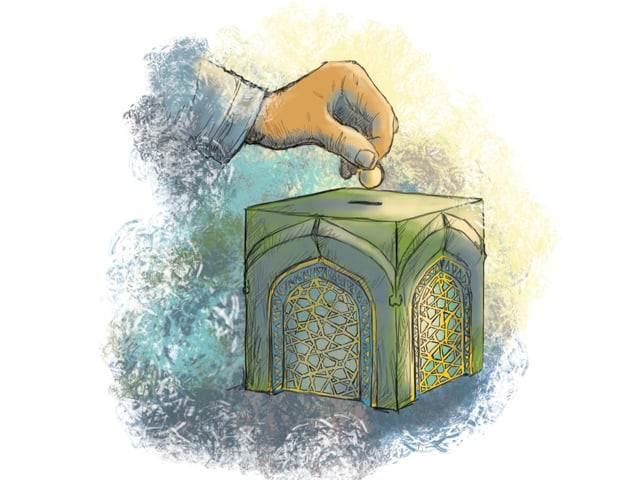Rising money: Al Baraka plans sukuk in Pakistan
Subordinated Islamic bonds to boost its regulatory capital.

Al Baraka is working with authorities in South Africa and Pakistan over launching Islamic bonds there, said Chief Executive Adnan Ahmed Yousif. PHOTO: FILE
Bahrain-based Al Baraka Banking Group said it is considering issuing subordinated Islamic bonds through its South African and Pakistani units to boost their regulatory capital.
The Islamic bank’s plans come at a time when sovereign sukuk are expected from both countries later this year.
The lender has operations in 15 countries across the Middle East, Asia and Africa.
Al Baraka is working with authorities in South Africa and Pakistan over launching Islamic bonds there, said Chief Executive Adnan Ahmed Yousif.
While details have not been finalised, the prospective deals could mirror the $200 million capital-boosting sukuk issued by Al Baraka’s Turkish unit last year, Yousif said. That deal enhanced the bank’s Tier 2, or supplementary, capital.
“We will try to do it as a subordinated, to raise capital adequacy ratios,” he said.
Islamic banks typically obtain their funding from retail deposits and short-term syndicated Islamic loans, but subordinated deals are increasingly being used as Basel III global banking standards are phased-in across the globe.
In Pakistan, for instance, Islamic banks must maintain a minimum paid-up capital of Rs6 billion ($60.9 million), a requirement that will be raised to Rs10 billion by the end of 2016.
Unlike most other Islamic banks, Al Baraka has built the bulk of its business outside the Gulf and Southeast Asia. In South Africa, it operates the only full-fledged Islamic bank in the country, with seven retail branches.
Published in The Express Tribune, May 20th, 2014.
Like Business on Facebook, follow @TribuneBiz on Twitter to stay informed and join in the conversation.



















COMMENTS
Comments are moderated and generally will be posted if they are on-topic and not abusive.
For more information, please see our Comments FAQ